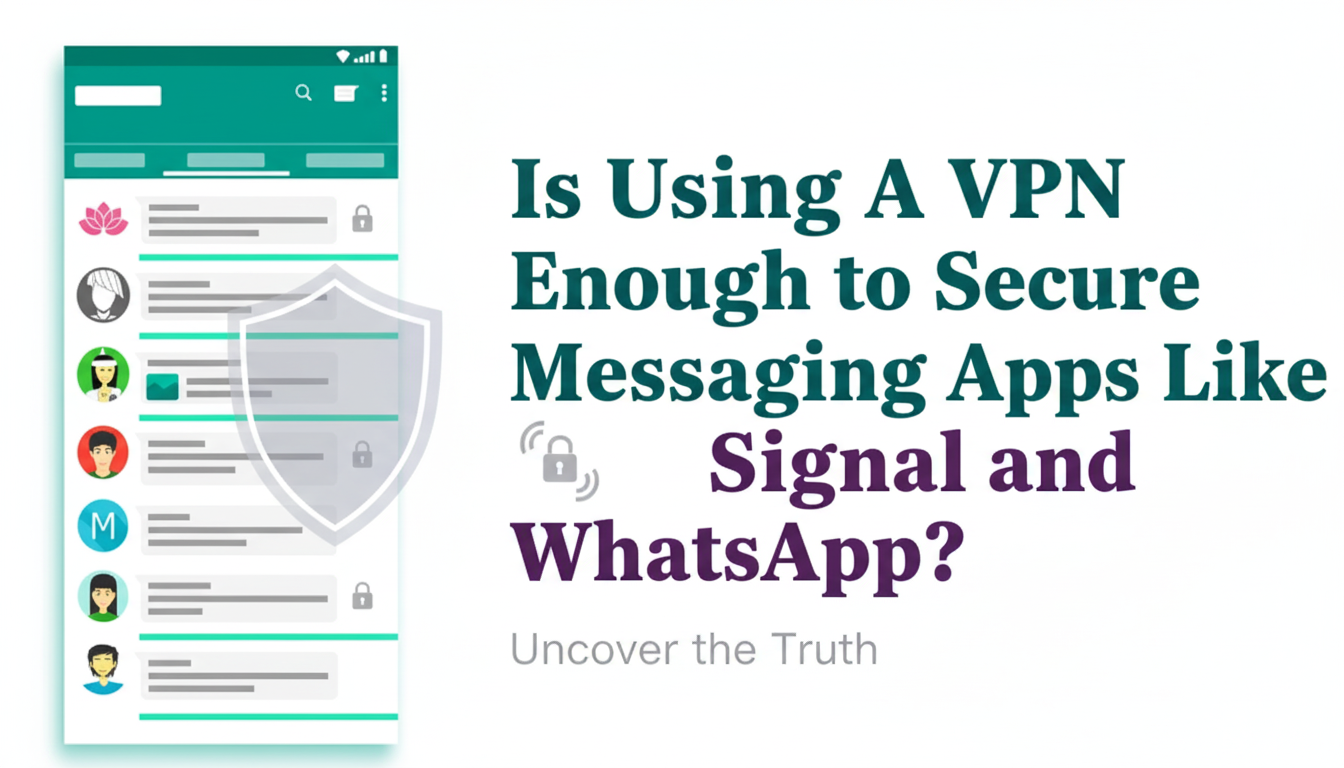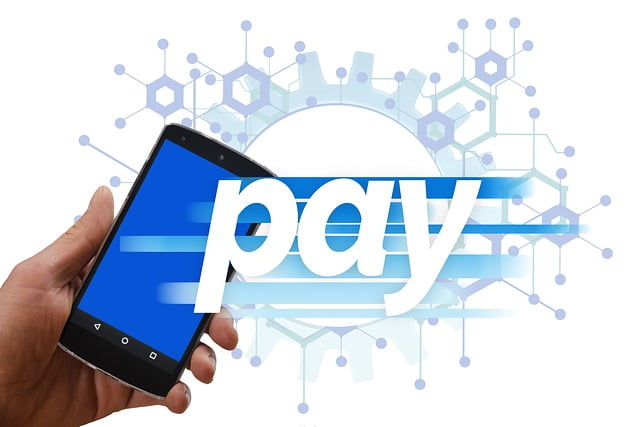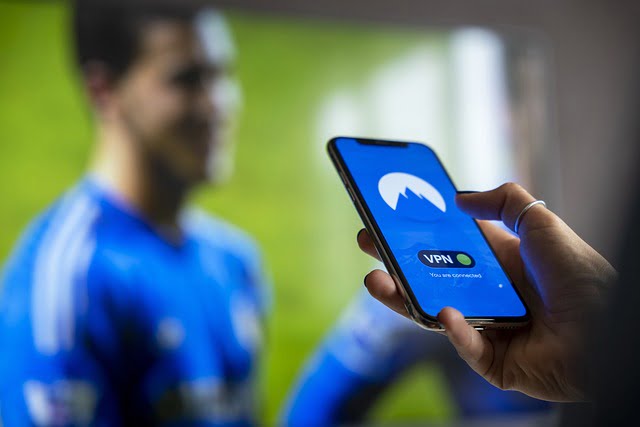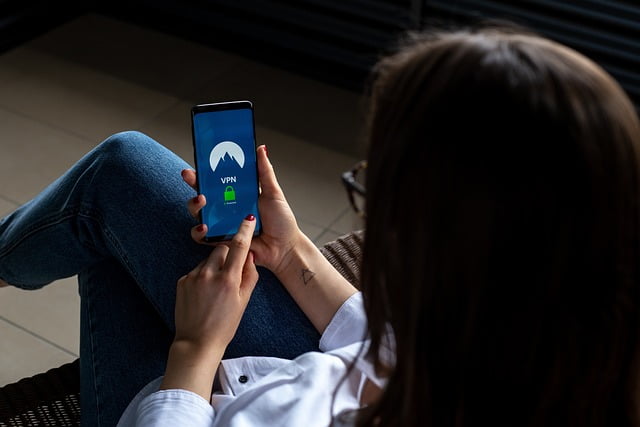How Does Netflix Detect You’re Using a VPN?

Netflix has become a global entertainment powerhouse, offering a vast array of movies, TV shows, and original content. However, due to licensing agreements, the content available on Netflix varies by region. Many users turn to Virtual Private Networks (VPNs) to bypass these geo-restrictions and access a broader range of content. Netflix, aware of this practice, has developed sophisticated methods to detect and block VPN usage. In this article, we’ll explore how Netflix detects VPNs, why it does so, and what this means for users.
Understanding VPNs and Their Usage with Netflix
What is a VPN?
A Virtual Private Network (VPN) is a service that allows users to create a secure, encrypted connection to another network over the internet. VPNs are commonly used to enhance online privacy, secure data transmissions, and access geo-restricted content by masking the user’s real IP address with one from the VPN server.
Why Do People Use VPNs with Netflix?
The main reason users employ VPNs with Netflix is to access content not available in their home country. By connecting to a VPN server in another country, users can trick Netflix into believing they are accessing the service from that location, thus gaining access to the content library of that region.
Netflix’s Methods for Detecting VPN Usage
Netflix employs several techniques to detect and block VPN traffic, ensuring compliance with content licensing agreements. Here are the key methods Netflix uses:
1. IP Address Blacklisting
One of the primary methods Netflix uses to detect VPNs is by identifying and blacklisting IP addresses associated with VPN servers.
How It Works:
- Monitoring Connections: Netflix monitors the number of connections from a single IP address. If an unusually high number of users are accessing Netflix from the same IP, it’s likely a VPN server.
- IP Blacklisting: Once identified, these IP addresses are added to a blacklist, preventing users from accessing Netflix through them.
Impact on Users:
- Users connected to blacklisted IP addresses will receive an error message indicating the use of an unblocker or proxy.
- Access to Netflix is blocked until the VPN is disconnected or a different server is used.
2. DNS Filtering
Netflix also uses DNS filtering to detect VPN usage. DNS (Domain Name System) translates web addresses into IP addresses. Many VPNs route DNS requests through their own servers to enhance privacy.
How It Works:
- Mismatch Detection: Netflix checks if the DNS server being used matches the user’s IP address location. A mismatch suggests the use of a VPN.
- Blocking Access: If a mismatch is detected, Netflix blocks access to its content.
Impact on Users:
- Users might encounter an error message if their DNS requests are routed through a VPN’s DNS server.
- Configuring the device to use the ISP’s or a public DNS server can sometimes bypass this detection.
3. Deep Packet Inspection (DPI)
Deep Packet Inspection (DPI) is a technique used to analyze the data packets transmitted over the network. DPI can identify VPN traffic by examining the patterns and signatures unique to VPN protocols.
How It Works:
- Traffic Analysis: Netflix inspects data packets for signs of VPN traffic.
- Identifying VPN Protocols: Specific patterns in the data reveal the use of VPN protocols like OpenVPN, L2TP, or PPTP.
- Blocking Traffic: Detected VPN traffic is blocked.
Impact on Users:
- VPN traffic detected by DPI is blocked, preventing access to Netflix.
- Some VPNs offer obfuscated servers to disguise VPN traffic as regular internet traffic, helping to bypass DPI detection.
Why Netflix Blocks VPNs
Understanding why Netflix goes to great lengths to block VPNs involves examining its licensing agreements and legal obligations.
Licensing Agreements
Netflix licenses much of its content from various production companies, studios, and distributors. These agreements often come with geographic restrictions, limiting where the content can be streamed.
Implications:
- Netflix is legally required to enforce these geographic restrictions.
- Allowing VPN usage would breach these agreements, potentially leading to legal issues and strained relationships with content providers.
Protecting Revenue Streams
Content providers license their content to different streaming services in different regions. By blocking VPNs, Netflix ensures regional exclusivity, protecting its and its partners’ revenue streams.
Implications:
- Regional exclusivity allows Netflix to negotiate better deals with content providers.
- Enforcing these restrictions helps maintain a diverse and extensive content library.
Choosing the Right VPN for Netflix
Given Netflix’s aggressive stance on VPN usage, selecting the right VPN is crucial for a seamless streaming experience. Here are some factors to consider:
Server Availability and Locations
A good VPN should offer a wide range of servers in multiple locations, increasing the chances of finding a server that works with Netflix.
Considerations:
- Choose VPNs with servers in the countries where you want to access Netflix content.
- Ensure the VPN provider frequently updates its server list to bypass IP blacklisting.
Speed and Performance
Streaming high-quality video requires a fast, stable internet connection. Some VPNs can slow down your connection, leading to buffering and poor video quality.
Considerations:
- Opt for VPNs known for high-speed servers and reliable performance.
- Look for VPNs offering unlimited bandwidth to avoid throttling during streaming.
Security and Privacy
While accessing Netflix content is important, security and privacy should not be compromised. A good VPN should provide strong encryption and a strict no-logs policy.
Considerations:
- Ensure the VPN uses robust encryption protocols (e.g., AES-256).
- Verify the VPN has a no-logs policy, meaning it does not store any data about your online activities.
Customer Support
Accessing Netflix through a VPN can sometimes be challenging due to frequent IP address blacklisting. Good customer support can help troubleshoot issues and find working servers.
Considerations:
- Choose VPN providers with responsive customer support available 24/7.
- Some VPNs offer dedicated streaming support with server recommendations for Netflix.
Top VPNs for Accessing Netflix
Based on the factors mentioned, here are some of the best VPNs for accessing Netflix:
1. ExpressVPN
Features:
- Servers in 94 countries.
- High-speed servers optimized for streaming.
- Strong security with AES-256 encryption.
- 24/7 customer support with live chat.
Pros:
- Consistently bypasses Netflix’s VPN blocks.
- Excellent performance with minimal speed loss.
- User-friendly apps for all major platforms.
Cons:
- Slightly more expensive than some competitors.
2. NordVPN
Features:
- Over 5,500 servers in 60 countries.
- P2P support and optimized servers for streaming.
- Advanced security features, including CyberSec and Double VPN.
- 24/7 customer support.
Pros:
- Reliable access to Netflix in multiple regions.
- Fast and stable connections.
- Strong focus on privacy and security.
Cons:
- The desktop app can be a bit slow to connect at times.
3. CyberGhost
Features:
- More than 7,000 servers in 90 countries.
- Dedicated servers for streaming.
- Automatic kill switch and no-logs policy.
- 24/7 customer support with live chat.
Pros:
- User-friendly interface.
- Affordable long-term plans.
- Reliable access to Netflix libraries.
Cons:
- Speeds can vary depending on the server load.
4. Surfshark
Features:
- Unlimited devices with a single subscription.
- Servers in 65 countries.
- CleanWeb feature to block ads and malware.
- 24/7 customer support.
Pros:
- Budget-friendly pricing.
- Reliable access to multiple Netflix libraries.
- Strong privacy features.
Cons:
- Some servers may have inconsistent speeds.
5. Private Internet Access (PIA)
Features:
- Over 29,000 servers in 77 countries.
- Advanced security features and no-logs policy.
- Customizable settings for advanced users.
- 24/7 customer support.
Pros:
- Extensive server network.
- Affordable pricing plans.
- Reliable access to Netflix.
Cons:
- The interface may be too complex for beginners.
Tips for Using a VPN with Netflix
To enhance your streaming experience and avoid common pitfalls, consider the following tips:
Use Obfuscated Servers
Some VPNs offer obfuscated servers that disguise VPN traffic to look like regular internet traffic. These servers can help you bypass Netflix’s VPN detection methods.
Regularly Switch Servers
If Netflix blocks the IP address you are using, try switching to a different server in the same country. VPN providers often have multiple servers in each location, increasing your chances of finding one that works.
Keep Your VPN App Updated
VPN providers frequently update their apps to improve security and bypass new detection techniques. Regularly updating your VPN app can help you stay ahead of Netflix’s detection methods.
Conclusion
Netflix’s efforts to detect and block VPN usage stem from its obligation to enforce licensing agreements and protect revenue streams. While this makes accessing geo-restricted content challenging, using a reliable VPN service with the right features can help you bypass these restrictions. By understanding how Netflix detects VPNs and choosing the appropriate VPN, you can enjoy a broader range of content while maintaining online privacy and security.
Loading newsletter form...






